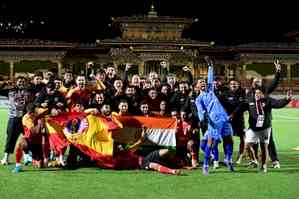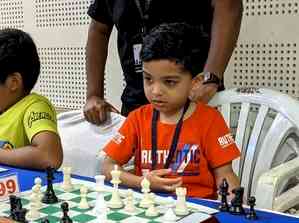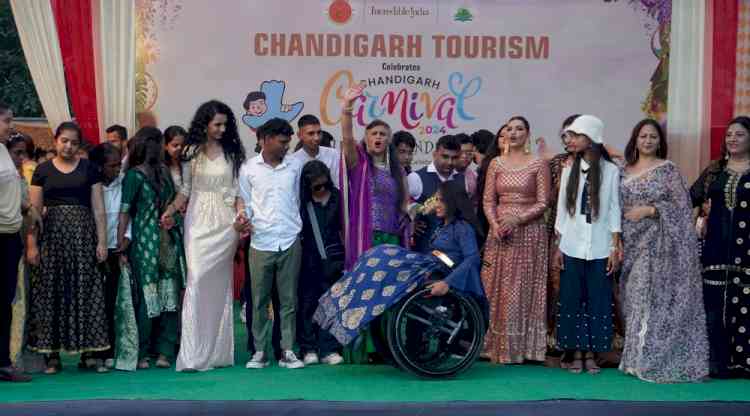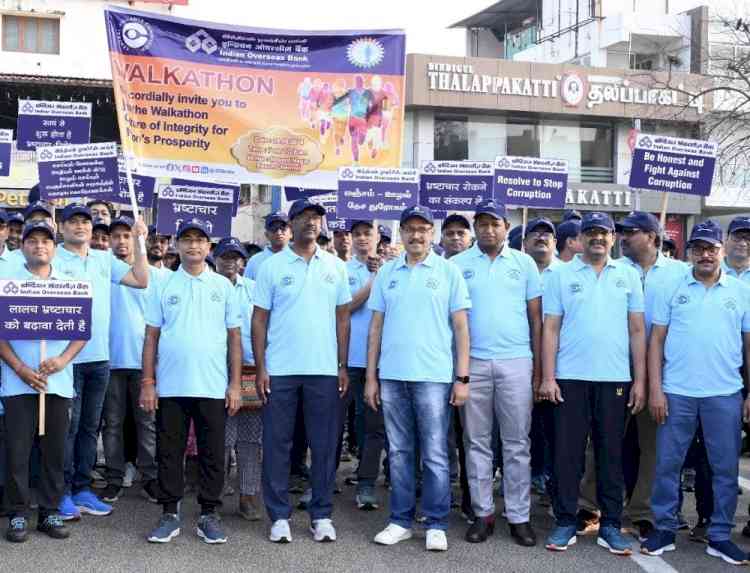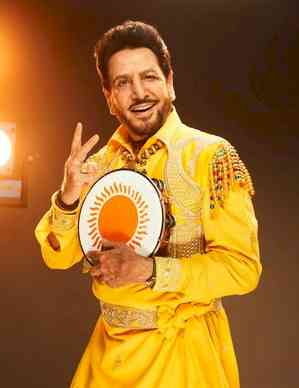Sheikh Talal Fahad Al-Sabah elected new OCA chief; Russia, Belarus allowed at Asian Games in Hangzhou as neutrals
The Olympic Council of Asia (OCA) on Saturday elected Sheikh Talal Fahad Al-Sabah as its new president at the 42nd OCA Congress.
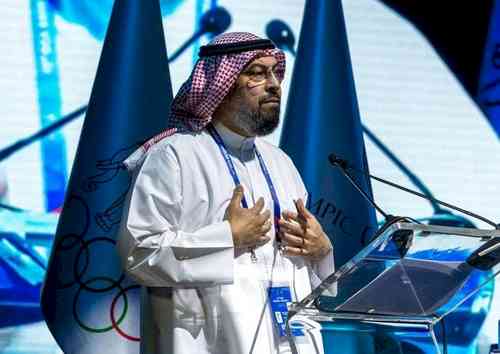
Bangkok (Thailand), July 8 (IANS) The Olympic Council of Asia (OCA) on Saturday elected Sheikh Talal Fahad Al-Sabah as its new president at the 42nd OCA Congress.
Sheikh Talal received 24 of the 44 votes cast. The other candidate, the OCA director general and president of World Aquatics Husain Al-Musallam, who is also from Kuwait, received 20 votes.
Sheikh Talal, 58, is the son of the first OCA president Sheikh Fahad Al-Ahmad Al-Jaber Al-Sabah, who was president from 1982 to 1990, and the younger brother of the previous OCA president Sheikh Ahmad Fahad Al-Sabah, who led the organization from 1991 to 2021.
Sheikh Talal joined the OCA in 2007 and served as chair of the OCA Rules Committee and a member of the OCA Executive Board.
Sheikh Talal's motto was "One Asia, One Family" and promised good governance, financial sustainability, the development plan for sports and activities, education programs and high-quality Asian Games.
After the election, the OCA also decided to allow Russian and Belarus athletes to participate in the Asian Games in China in a neutral status.
Athletes from Russia and Belarus have been cleared to participate under a neutral status at the 2023 Asian Games in China this fall, Russian news agency Tass reported quoting influential sports web portal, InsideTheGames, on Saturday.
"Up to 500 athletes from Russia and Belarus will be allowed to compete at this year's re-arranged Asian Games in Hangzhou to help them qualify for next year's Olympics in Paris. It was agreed today," InsideTheGames reported.
"It will be up to the governing bodies of each of the 31 sports [federations] on the program for Paris 2024 to decide whether they allow athletes from Russia and Belarus to take part in the event," the sports daily reported.
The decision seems in line with a decision by the International Olympic Committee, which had asked for Russian and Belarus sportspersons to be barred from international competitions, and permitted participation of individual athletes from Russia and Belarus to take part in international events under certain conditions.
The conditions include the stipulation that athletes from the two countries should not be "actively supporting" Russia’s war in Ukraine and must compete under a neutral status.


 IANS
IANS 
